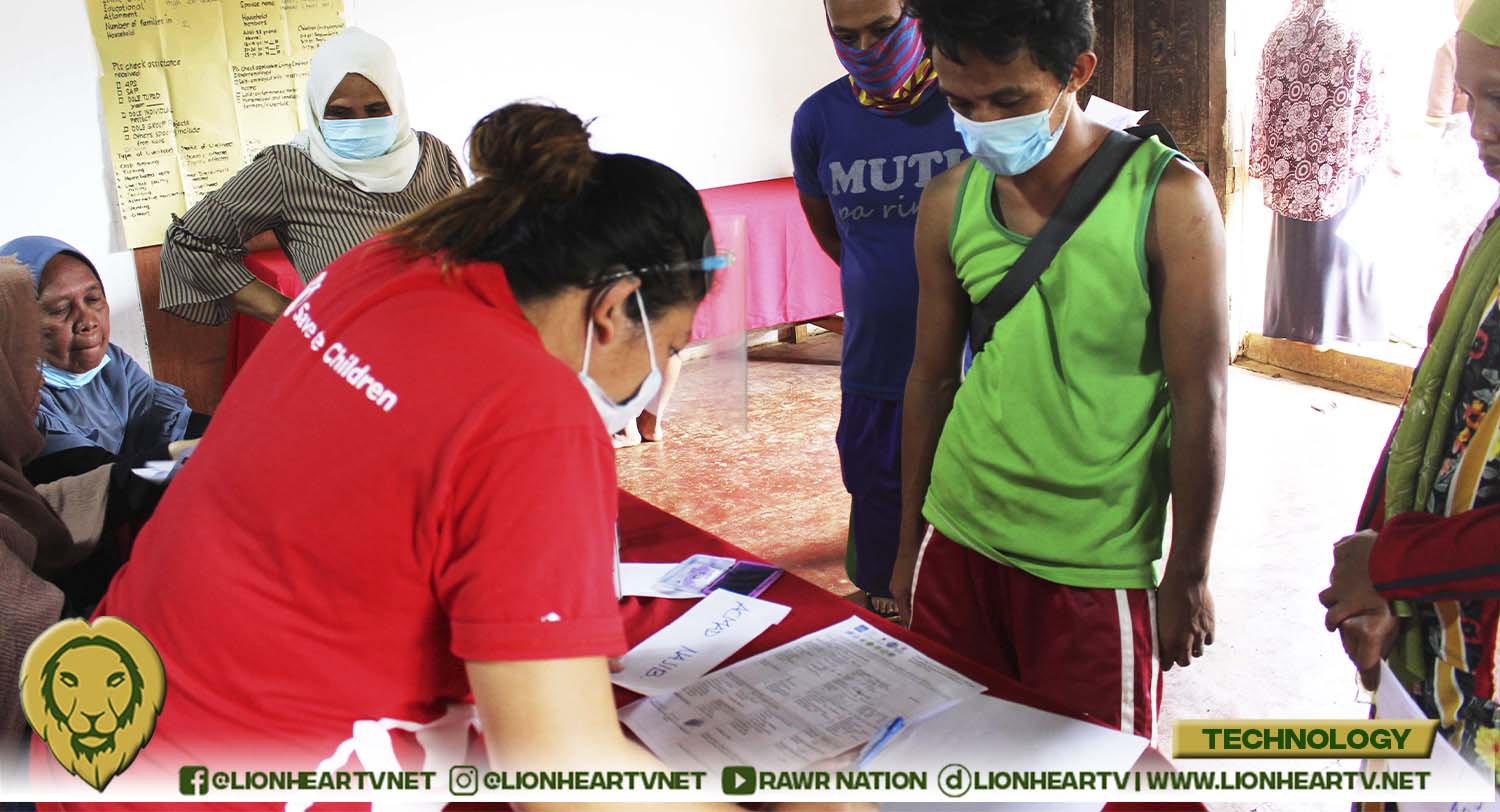July 2021, Manila, Philippines – Microsoft recently partnered with two global organizations, software provider AID:Tech and Save the Children Philippines, to help thousands of displaced Filipinos in Marawi City, Lanao del Sur Province, Philippines.

In 2017, Marawi City, located in the Philippines’ southernmost main island of Mindanao, was the site of a protracted armed engagement between the Philippine military and local militant organizations. This fighting displaced over 370,000 Filipinos.
“The effect of the fighting here four years ago is still felt today. Until now, efforts to track down and identify everyone affected are still ongoing,” said Edwin Horca, Head of Save the Children-Philippines-Bangsamoro Autonomous Region in Muslim Mindanao (BARMM). “One of the biggest challenges in delivering aid to the impacted people of Marawi is that many children and even their parents do not have birth certificates for identification, which in turn excludes them from social protection programs”.
Given the complexity in providing aid to beneficiaries, the Asian Development Bank (ADB), a key partner of the Philippine government in the Transpose program and Emergency Assistance for Reconstruction and Recovery of Marawi program (ERRM), introduced AID:Tech’s platform to Save the Children Philippines. In 2017, Save the Children Philippines received a monetary donation from the Japanese Fund for Poverty Reduction to help support Marawi following the conflict.
AID:Tech created a unique data structure and schema for the project, product design, and solution development to ensure that Save the Children Philippines’ items could be tracked and traced at all times. The software provider also constructed digital IDs that follow the World Bank’s identification principles for individuals who need welfare benefits. AID:Tech’s solution provides end-users with a verifiable digital identity and gives Save the Children Philippines the capability to identify end-users in the process of entitlement delivery.
These digital IDs are powered by tamper-proof blockchain technology running on Microsoft Azure for the instant disbursement of assets to beneficiaries. This ensures all reports, audits and transaction records are permanent, available and traceable on-demand and fully transparent. AID:Tech also provides physical ID cards with unique QR codes that can be used for credit transactions to ensure the technology is inclusive.
The AID:Tech platform has empowered Save the Children Philippines with a more efficient and accessible method to identify and distribute aid to individuals through digital and printed IDs. Save the Children Philippines efforts are part of the $408 million ERRM program supported by the ADB and the Japan Fund for Poverty Reduction.
“AID:Tech builds decentralized applications to empower individuals to have better access to finance and governmental services. Ensuring all data is private and secure for end-user. We are excited to build a decentralised ID with our partners Affinidi that will enable DeFi products and services in the future. We are currently integrating on a Layer 1 protocol that will be a gamechanger for people in the Philippines. We now have the technology and opportunity to bring cryptocurrency dapp’s to people who need it most and will benefit from the oncoming wave of blockchain technology.” said Joseph Thompson, CEO of AID:Tech.
Through this innovation, 3,000 individuals have received assistance. Moreover, the children most impacted by the conflict have received back-to-school kits and food provisions. And with more people having the opportunity to access digital identification, financial aid is expected to have a wider reach for the people of Marawi and beyond.
With AID:Tech’s platform, digital identification is now possible for the disenfranchised. “The system is already addressing one fundamental right, which is right to a name. This became one of the fundamental factors that made this platform very relevant, especially in this context,” said Horca.
Moving forward, AID:Tech has created Application Programming Interfaces (APIs) to expand and improve the functionality of the platform, allowing digital ID technology to be used with other services. Save the Children Philippines is also working closely with the local government units in BARMM and various national government units to ensure that the digital ID will be used for future projects and eventually become institutionalized.
“With 1 billion people globally having no official identification according to the World Bank and 30 percent of the world’s aid unaccounted for as mentioned by former U.N Secretary-General Ban Ki-moon, combining a digital identity with digital delivery of assets in a single platform can significantly improve accountability in aid distribution and ensure everyone’s right to a name is fulfilled,” said Fides Ricasa-De la Rosa, Chief Partner Officer at Microsoft Philippines.
Microsoft supports Save the Children Philippines AID:Tech project in Marawi through the AI for Humanitarian Action Grant. Microsoft has committed $40 million globally over the next five years to help non-profits and humanitarian organizations working across disaster response, refugee and displaced people, human rights, and the needs of women and children.


